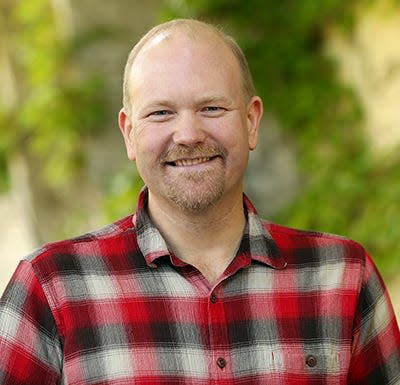Quest to extend human lifespan likely as old as humanity

A time-series graph of life expectancy at birth in the US shows a steep increase over the course of the 20th century, with the average increasing from roughly 48 years in 1900 to 79 in 2020. Advances in medical care, nutrition, workplace safety, and especially infant and maternal mortality have come close to doubling lifespans of Americans in just over three generations. Though recent trends have been in the opposite direction, due in part to the impacts of COVID and the opioid crisis, the race to extend human lives to 100, 125 years, beyond is heating up. But do we really want to live 25, 50 or 75 years longer than most people do already?
The goal of extending the human lifespan is likely as old as humanity. In recent decades technical advances have begun to turn fantasy into probable reality. We know rare individuals live well past 100 — the oldest person verified lived past 120 in fact — and there are the so-called geographic “blue zones” where average lifespan now exceeds 90 years, mostly attributable to diet, low-stress, and strong communities.
But what about the rest of us?
Medical and technical advances around human health and aging have advanced rapidly in recent years. Old-school ideas like cryonics — freezing people at death in hopes of reviving them later — are passe. In their place are innovations like multiple organ transplants, genetic therapies, human cloning, 3-D printing of body parts, synthetic blood, nanotechnology, and now even the concept of merging human consciousness with AI. Some of these might extend human life by a decade or two. The idea of cloning oneself and replacing body parts as needed could go much longer, perhaps 50 or even 75 years. Augmenting humans with mechanical or information technology might extend that more, and of course a complete merger with digital intelligence could be a path to some ersatz version of immortality.
Excitement around such ideas has grown dramatically in some quarters over the last 20-30 years, driven in part by advancing medical technology. While we know some basic health practices, like proper diet and exercise and avoiding things like smoking and alcohol, can increase one’s odds of reaching 80 or even 90, the fantasy of extending lifespans to 100 or well beyond is no longer just the stuff of science fiction. Indeed, it seems likely that people born in this century we will see it happen in their lifetimes.
But should we want it to?
Expanding human lifespan is an enterprise fraught with risk and complicated ethical questions. How far do we go? Who has access to these therapies? What is the impact on human population growth and the environment? What obligations do older generations have to the young? Why would we consider allocating resources to this when there are people suffering from malnutrition, lack of housing, limited access to education, and other ills around the globe?
And of course there is the perennial “quantity vs quality” debate: who wants to live an extra 25-30 years if those aren’t good years, spent in the company of loved ones and in good health?
Ultimately it feels selfish to focus on extending human lifespan for some without first guaranteeing a basic quality of life to everyone. While we’re accustomed to phrases like “60 is the new 40” and are usually happy to see people living active, healthy lives well beyond those of our grandparents, anticipated cures for a range of chronic and acute diseases that contribute to human mortality — heart disease, cancer, stroke, diabetes, and others — are likely to be developed this century. So, with some luck, will be effective treatments for age-related mental decline and associated diseases like Alzheimer's. Perhaps that will be enough? If we were to extend the average lifespan by a decade, basically from 80 to 90 years, and ensure good quality of life in the later years, couldn’t we stop there?
For some, at least the wealthiest among us, the path to much longer lives may indeed be opened in this century. Without broad-based discussions of the ethical, moral, and practical constraints on lifespan extension there may be no limits on how far the research goes or how inequitable the results.
This is the opinion of Times Writers Group member Derek Larson. He teaches history and environmental studies at The College of St. Benedict and St. John’s University. His column is published the first Sunday of the month. He welcomes your comments at twg@anderson-larson.net.
This article originally appeared on South Bend Tribune: Do we really want to live 25, 50, 75 years longer than most already do?
